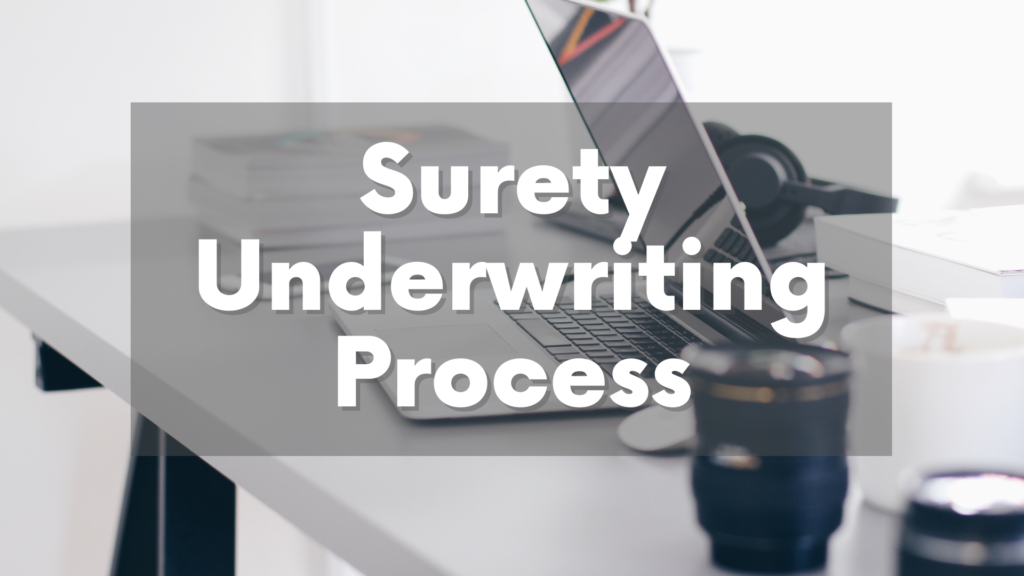Surety Bond Underwriter Jobs
An individual who evaluates an application for a surety bond and assesses whether or not the firm in question is able to offer the bond in question is known as a surety underwriter. They do a risk assessment with regard to both the firm as well as the customer who is looking to purchase a bond.
An obligation to reduce potential dangers lies not only with the customer but also with the surety underwriter’s employer. Because of this, having efficient communication is essential.
In order for a client and a business to get the most out of a surety bond, it is the responsibility of the underwriter to assist in determining what challenges they will need to overcome. The surety underwriter will inquire about the nature of the bond, as well as the client’s background and the necessary level of financial stability, in addition to other common questions pertaining to bonding.
In the event that a surety underwriter fails to carry out these responsibilities, the title firm and the customer may be subject to repercussions. They are, in essence, determining whether or not the customer and the business are a suitable fit for one another.
It is of the utmost importance to check both the bond firm and the customer who is seeking the bond to ensure that they will adhere to all rules and demands. It is possible that things will lead to litigation, problems, and the need to spend a significant amount of money if things slip through the gaps.
Surety Underwriting Process
The following procedures make up the underwriting process for surety bonds:
- An application for a surety bond is typically submitted to a surety company or a surety bond broker by the principal.
- While applying for a bond, the principal is required to provide the surety information about their previous work and financial dealings on the application.
- The surety is responsible for conducting a more in-depth analysis of the principal’s financial facts and history.
- A price estimate for the premium on a surety bond is provided to the principal by the surety, and it is predicated on the degree of risk that the underwriters have determined.
From the perspective of the principal, the procedure is not too complicated. Nevertheless, behind the scenes, the underwriters at the surety are evaluating a principal’s risk level based on a broad range of different characteristics.
Surety Underwriting vs Insurance Underwriting
Underwriters are used by insurance firms to evaluate risks, which is a fact that the vast majority of people are aware of. The fact that many states consider surety bonds to be a kind of insurance further contributes to the possibility of misunderstanding.
The most important distinction is that an insurance provider anticipates customers to file claims against their coverage. Due to the fact that insurance plans cover events that are, for the most part, outside the control of the policy holder, the insurance company builds into its pricing model an eventual anticipation of a claim being filed.
The vast majority of surety bonds are never subject to claim, and the principal is eventually liable to reimburse the surety for any money that was paid to a claimant. Because of this, a surety bond is more comparable to an open line of credit or an indemnity, and as a result, a surety does not price the bond with a significant expectation of being able to absorb the monetary effect of paying out a claim.
Since the principal is responsible for repaying the surety for any claims, it is essential to think of a surety bond as a legally enforceable financial obligation and to make preparations for how the principal would reimburse the surety in the event that a claim is made against the bond.
Nonetheless, the best course of action to take is to constantly obey the laws and ethical guidelines of your sector in order to reduce the likelihood of claims being brought in the first place.
